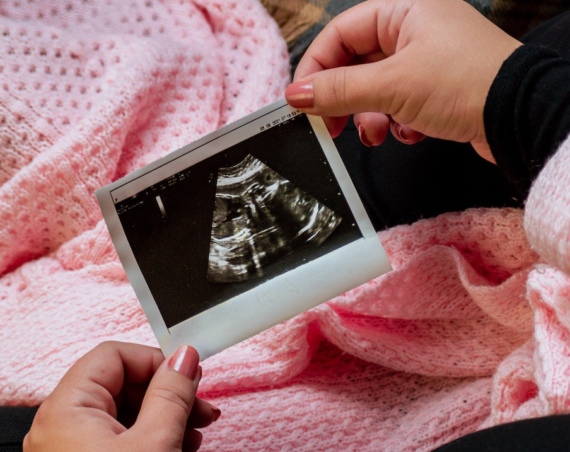
Astellas Pharma has announced the approval of VEOZA (fezolinetant) by the European Commission for the treatment of moderate to severe vasomotor symptoms (VMS) associated with menopause.
Vasomotor symptoms, which include hot flashes and night sweats, are common during menopause. Studies indicate that more than half of women between the ages of 40 and 64 in Europe experience VMS, with some areas reporting rates as high as 97%. The impact of these symptoms can significantly affect daily activities and overall quality of life.
VEOZA, a 45 mg once-daily medication, represents a new option for the treatment of these symptoms. The drug’s approval comes after the positive opinion issued by the Committee for Medicinal Products for Human Use (CHMP) of the European Medicines Agency (EMA) in October, based on the results of the BRIGHT SKY program. This program included three Phase 3 clinical trials under the development program that enrolled over 3,000 participants across Europe, the U.S., and Canada. The findings of these trials, which evaluated the efficacy and safety of fezolinetant for treating moderate to severe VMS, have been published in medical journals such as The Lancet and The Journal of Clinical Endocrinology & Metabolism.
VEOZA functions by blocking neurokinin B (NKB) binding in the brain’s temperature control center, which addresses the imbalance between estrogens and NKB that occurs during menopause. This mechanism helps reduce the number and intensity of hot flashes and night sweats.
Marci English, Vice President, Head of BioPharma Development at Astellas comments: “Fezolinetant’s novel mechanism of action targets the root cause of moderate to severe VMS associated with menopause. We are proud to have developed an innovative treatment option for a condition that has lacked scientific advancement for too long and look forward to making fezolinetant available in countries across the European Union.”
The EC marketing authorization for fezolinetant is valid in the European Union Member States, as well as in Iceland, Norway, and Liechtenstein. Additionally, the medication was approved in Switzerland.



